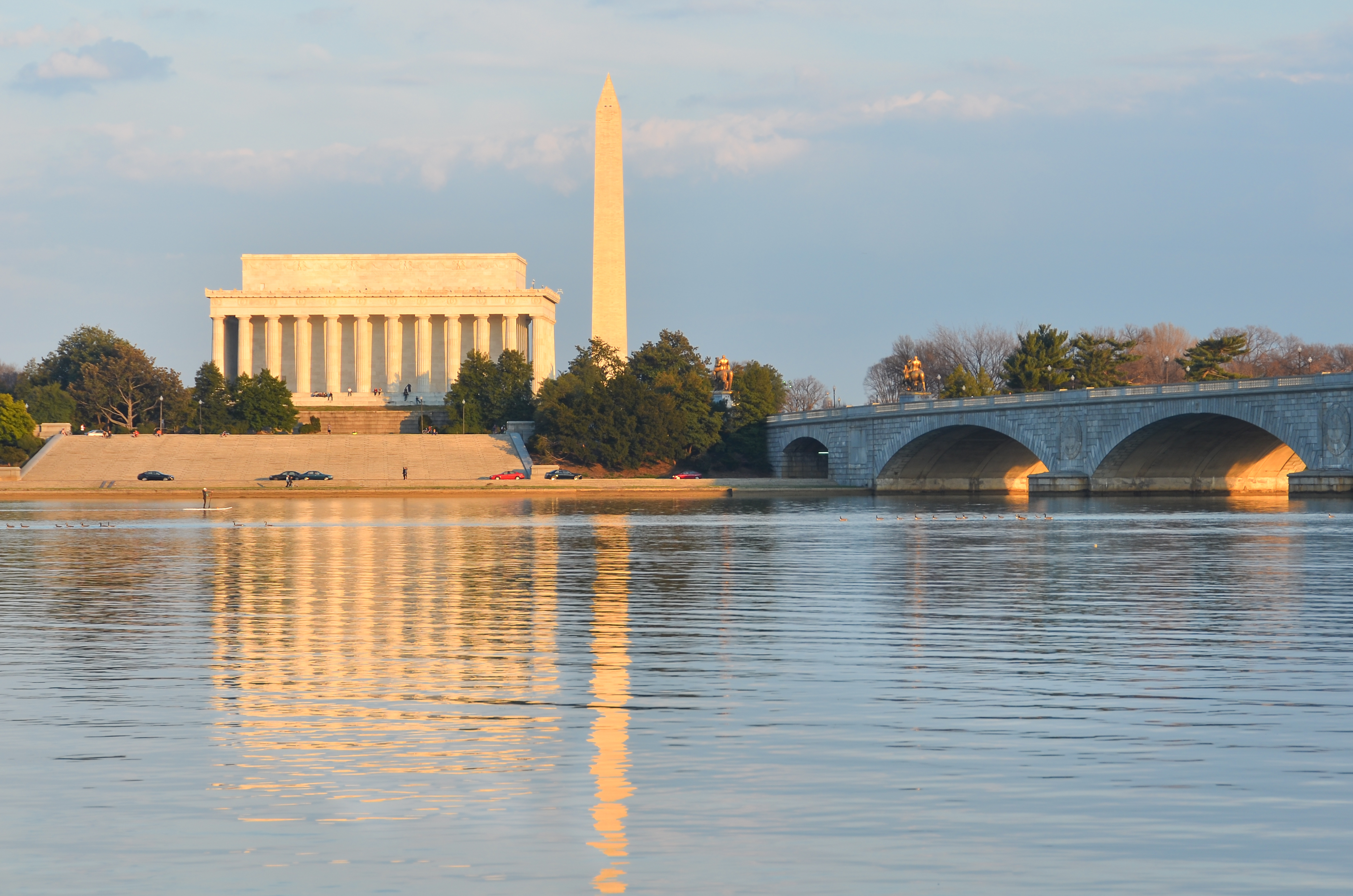This post was written by Kyu-Ri Lee, Arogya World intern. It’s been a pleasure to work with Kyu-Ri, and we congratulate her on her recent graduation from Cornell University. We wish her all the best in her future endeavors. See Arogya World Advocacy and Communications Internships for internship details and application information.

As my semester in D.C. is coming to a close, I am finding myself finally loosening up inside the beltway, and it has allowed me to take a step back and reflect on my lifestyle here in the past semester. I wanted to share some of these reflections because it pertains to lifestyle choices related to health.
I am a rural, nature kind of girl. I went to high school in a rural part of Connecticut right next to Lake Wononscopomuc, and one of the most exciting things to do was go swimming in the lake with your peers or go sit on the golf course to watch the sun set after a laborious day at school. I loved it. Even for college, I ended up at Cornell University, known to be a college in the middle of nowhere with nothing to do. As you can see, coming to D.C. was a complete change for me, but thankfully D.C.’s beautiful Potomac river really saved me. If it wasn’t for the Potomac river and the trails and paths around it, I am not sure if I would have gotten any physical exercise in this expensive city. Having been in a rural area for the past seven years, it was easy to go out for a run outside whenever I wanted to. Here, in the city, it seemed a lot harder – I didn’t want to pay for an expensive gym membership; and it was too difficult to run around my neighborhood, which is full of traffic lights and crowds of people.
However, one thing I realized about this city was the high ‘popularity’ of exercising. Many people are always wearing workout clothes, walking their dogs, or just strolling alongside the river. This motivated me to exercise more and stay healthy. And I would have to say that the aesthetically pleasing, safe, and easily accessible river trails definitely motivated me to engage in more physical activities outside as well. I did some research on D.C., and not surprisingly, in 2011, D.C. had one of the lowest obesity rates in the U.S. after Colorado, Hawaii, and Massachusetts. Though researchers are not able to exactly explain the relatively low prevalence of obesity in D.C., they speculate that it may be due to the use of subways, which requires more walking.
Unfortunately, when I reflect on my D.C. diet, I cannot say the same. For someone whose diet always consisted of fresh fruit (especially apples!) and fresh vegetables, I have had a hard time committing to that kind of diet here. Grocery shopping has been almost non-existent in my life this semester. The closest grocery store is only a block away, but because it’s a small, privately owned downtown market, prices are high and selection is limited. The closest big-brand grocery store is about a 20-minute walk, and it’s a daunting task to lug around groceries on foot in one of the busiest areas of the city. Consequently, I have been eating out for almost every meal. Not only has this resulted in dire consequences for my bank account, but also for my health. I find myself constantly having to compromise healthy food for cheap meals, and this has inevitably led to unhealthy choices. Though my daily exercise has helped to balance my poor diet, I cannot deny that I have felt the physical consequences. Eating out has decreased my overall energy level, and I’ve found myself needing more sleep than usual. After this semester, I can no longer easily dismiss or deny the hackneyed phrase: You are what you eat. It really is true.
From analyzing my life here in DC, it’s clear that it takes more to build a healthy community than simply educating and advertising healthy food and physical exercise. We must also cultivate an environment that helps people make healthy choices. The government and the public have placed this issue on the table, and there’s no doubt that there is work going on at the policy level to tackle these questions. I’ve seen banning of sodas, removing junk food from vending machines, and requiring restaurants to provide calorie counts on their menus. I have also seen the farmer’s market in the heart of the city at Dupont Circle on Sunday mornings. Many grocery stores also provide delivery services that allow shopping for items online and deliver groceries right to your door. However, personally, these programs did not help me; I had other commitments Sunday mornings, and delivery services were inconvenient because that required me to stay home for a block of time for delivery, not to mention the extra delivery fee. But what I am realizing as I am reflecting on this post is that maybe this is precisely what changing lifestyle means to live a healthy life. It’s not just about changing lifestyles to get more physical exercise or make better choices in our diet, but also about making sacrifices to make healthy living a priority.
